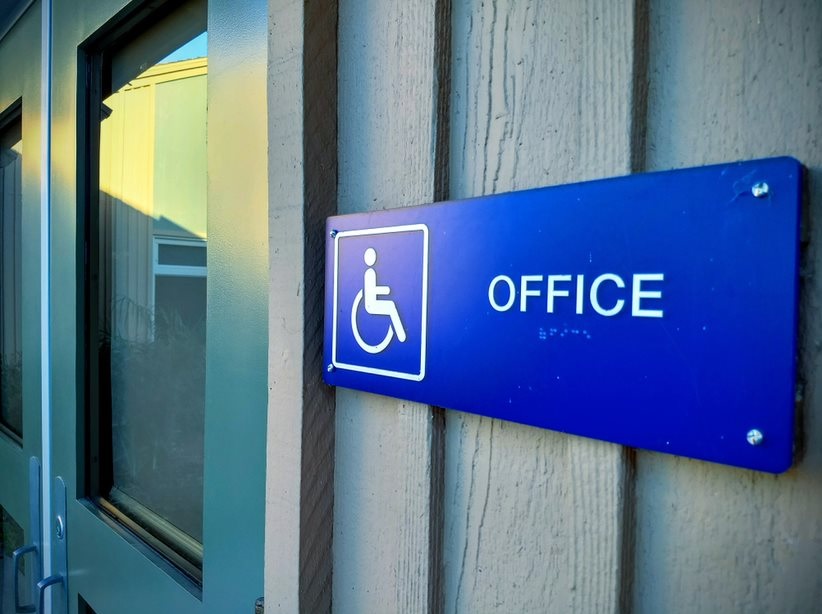A dentist is a medical practitioner who devotes his efforts to the diagnosis and management of oral cavity diseases. These include general dental check-ups, cleanings, fillings, and extractions. As part of the healthcare team, dentists offer the American people various services. Their principal function is to spread awareness about dental care and oral health. Dentists can work in private hospitals or clinics or specialize in public perinatal health. Dentists also have the responsibility of ensuring that the population has a healthy oral cavity and no severe forms of oral diseases. The variety of Specialist Dental Treatments also rapidly grows with the appearance of new developments in dental technologies. Dentists often collaborate on a team basis to coordinate comprehensive care of patients’ dental issues. This encompasses dental aids that help the dentist enhance the flow of procedures and relieve the patient.
Different Types of Dental Specialties
Orthodontics
Orthodontists are dental practitioners who use appliances such as braces, retainers, and others to align teeth. They work to determine, avoid, and correct oral and facial abnormalities.
Pediatric Dentistry
Paediatric dentists are subspecialists who are responsible for the dental care of children from infancy to adolescence. Such personnel have the right knowledge and skills to offer children preventive and therapeutic care. They also serve children and can, therefore, meet their special needs and recommend the right dental solutions.
Periodontics
A periodontist is a dentist who specializes in the diagnosis and management of conditions affecting the gums and other structures that support teeth. They also treat dental implants and perform aesthetic procedures related to the periodontal area.
Oral and Maxillofacial surgery
These dental surgeons work on disease and injury treatment only through surgical procedures. They also treat injuries or abnormalities of the head, neck, face, jaws, and other structures of the oral and maxillofacial area.
Endodontics
Endodontists diagnose and treat all diseases and injuries affecting the pulp and other surrounding tissues of teeth. They are particularly known for performing root canals and other operations to restore teeth that would have otherwise been pulled out.
Prosthodontics
Prosthodontists are dentists who specialize in replacing missing teeth and coordinating other mouth structures. They also use dentures, bridges, and dental implants.
Public Health Dentistry
This degree option’s area of specialization is educational, with an emphasis on the prevention and management of dental diseases. This education is not provided on a patient-by-patient basis but rather takes place in groups. They are primarily employed in community health jurisdictions, government offices, and other contexts.
Oral Pathology
Disease of the oral cavity and structures of interest to oral pathologists who diagnose and treat such diseases. They employ lab and other diagnostic systems for the early detection of oral cancer and other diseases. They coordinate with other dental specialists in relation to the planning of treatment and its further management.
Dental Anaesthesiology
Dental anesthesiologists administer anesthesia and sedate patients during dental procedures. They collaborate with other dentists to ensure that patients feel relaxed and secure before and during any practice or surgery.
Dental Public Health
These specialists neither diagnose nor treat diseases in individual patients but rather study measures to control diseases at a population level in relation to the mouth or oral cavity. They serve in community health programs, governmental agencies, schools, and many other workplaces.
Oral and Maxillofacial Pathologist
This branch of dentistry focuses on the nature, diagnosis, and treatment of diseases that are related to the oral and maxillofacial areas. It involves the study of diseases, their effects, and treatment, and it is the branch of medicine that combines pathology and therapy.
Oral Medicine
This specialty deals with the oral health care needs of compromised patients and the diagnosis of system-related diseases, disorders, and conditions.
How Do I Know Which Type of Dentistry I Need?
For any dental treatment you may require, your general dentist or even your family doctor can recommend you to dentists to provide the service since they cannot do so themselves. Your general dentist should be seen at least once per year—not only for dental prophylaxis but also for proper examination of your oral health. Getting a professional opinion will assist you in addressing any issues that could be out of hand. You must visit your general dentist as soon as possible if you are suffering from any form of pain or discomfort in the mouth. Instead, for dental emergencies, including chipped teeth, a broken filling, or a tooth abscess, one should seek advice from the general dentist first.
In Closing
In the case of dental avails – a chipped tooth, a tooth filling that has come loose, or a tooth abscess – your first recourse should be to consult your general dentist falling under Specialist Dental Treatment. Patients believe that dental specialties are a key and inherent part of the dental profession. The various specialties deal with different dental parts to ensure that clients receive the correct dental treatment.



